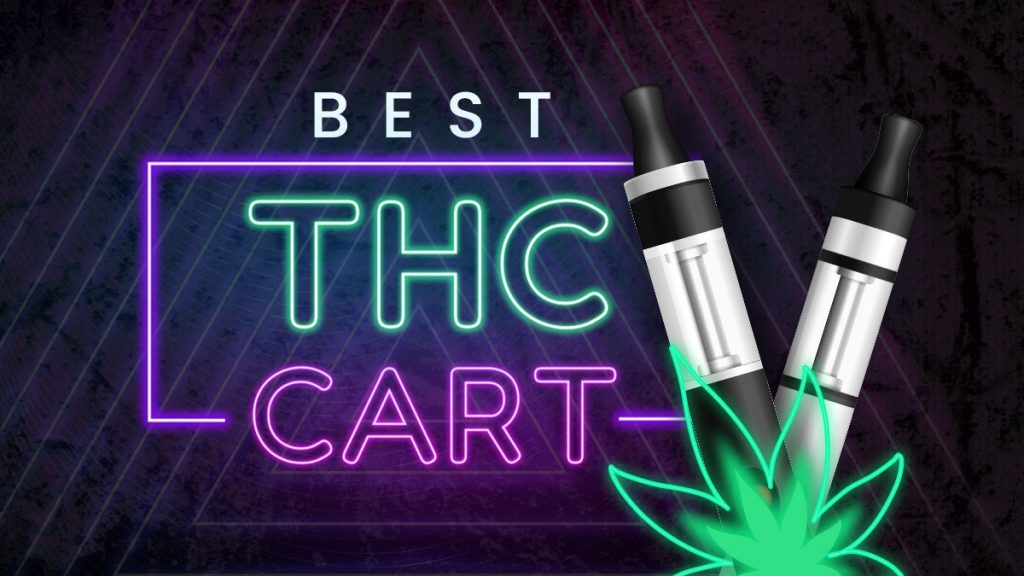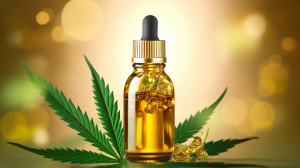Microdosing, the practice of consuming small, sub-therapeutic doses of cannabis, has gained traction as a promising approach for managing symptoms without inducing intoxication. THCA (tetrahydrocannabinolic acid) cartridges, which contain non-psychoactive cannabinoids in their raw form, offer a unique opportunity for microdosing cannabis. This case study investigates the potential applications of microdosing best THCA carts for symptom management without intoxication, exploring its efficacy, safety, and practical considerations.
Understanding Microdosing THCA:
Microdosing THCA involves consuming minimal doses of THCA through vaporization, typically below the threshold for psychoactive effects. Unlike THC, which becomes psychoactive when heated (decarboxylated), THCA remains non-intoxicating in its raw form. By microdosing THCA, individuals may benefit from the therapeutic properties of cannabinoids without experiencing cognitive impairment or euphoria.
Applications for Symptom Management:
Microdosing THCA cartridges holds promise for managing various symptoms and conditions, including:
- Pain: Preliminary research suggests that THCA may have analgesic properties, making it potentially beneficial for managing chronic pain conditions.
- Inflammation: THCA exhibits anti-inflammatory effects, which could be advantageous for mitigating inflammation-related symptoms, such as arthritis or inflammatory bowel disease.
- Anxiety and Stress: Some individuals report that microdosing THCA produces calming and anxiolytic effects, making it useful for reducing anxiety and stress without inducing intoxication.
- Nausea and Appetite Stimulation: THCA has been studied for its antiemetic properties, indicating its potential efficacy in managing nausea and stimulating appetite, particularly in individuals undergoing chemotherapy or living with eating disorders.
Efficacy and Safety Considerations:
While anecdotal evidence suggests that microdosing THCA may be effective for symptom management, further research is needed to validate its efficacy and safety. Key considerations include:
- Dose Optimization: Determining the optimal dosage for microdosing THCA requires careful titration and individualized experimentation to achieve therapeutic effects without adverse reactions.
- Potential Side Effects: Although THCA is generally well-tolerated, some individuals may experience mild side effects, such as dry mouth, dizziness, or fatigue. Monitoring for adverse reactions is essential when initiating microdosing regimens.
- Drug Interactions: THCA may interact with certain medications, particularly those metabolized by the cytochrome P450 enzyme system. Healthcare professionals should advise patients on potential drug interactions and monitor for adverse effects.
Final Verdict
Microdosing thca carts represents a promising approach for managing symptoms without inducing intoxication, offering potential benefits for individuals seeking therapeutic relief from various health conditions. By further exploring its efficacy, safety, and practical considerations, healthcare professionals and patients can harness the therapeutic potential of microdosing THCA to optimize symptom management and enhance quality of life. Continued research, education, and advocacy are essential to advancing the use of microdosing THCA as a safe and effective therapeutic modality within the medical cannabis landscape.




